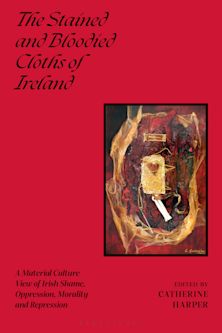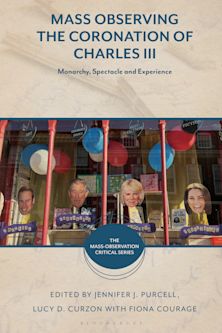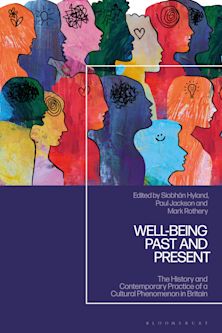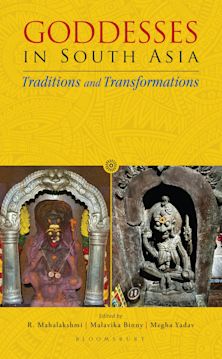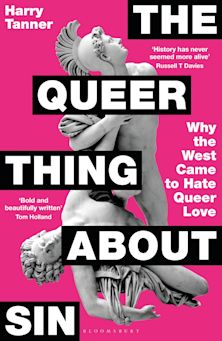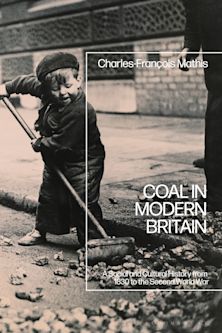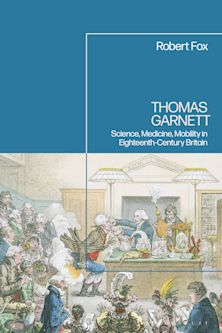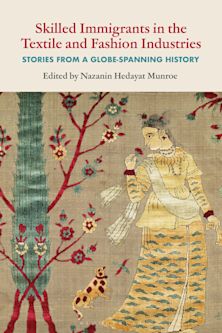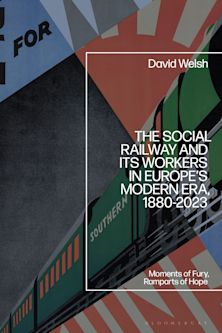Legacies of Totalitarian Language in the Discourse Culture of the Post-Totalitarian Era
The Case of Eastern Europe, Russia, and China
Legacies of Totalitarian Language in the Discourse Culture of the Post-Totalitarian Era
The Case of Eastern Europe, Russia, and China
Description
This book is unique in its kind. It is the first scholarly work to attempt a comprehensive and fairly detailed look into the lingering legacies of the communist totalitarian modes of thought and expression in the new discourse forms of the post-totalitarian era. The book gives also new and interesting insights into the ways the new, presumably democratically-minded political elites in post-totalitarian Eastern Europe, Russia, and China manipulate language to serve their own political and economic agendas. The book consists of ten discrete discussions, nine case-studies or chapters and an introduction.
Chapter 1 discusses patterns of continuity and change in the conceptual apparatus and linguistic habits of political science and sociology practiced in the Czech Republic before and after 1989. Chapter 2 analyzes lingering effects of communist propaganda language in the political discourse and behavior in post-communist Poland. Chapter 3 analyzes the legacy of Soviet semantics in post-Soviet Moldovan politics through the prism of such politically contested words as "democracy," "democratization," and "people." Chapters 4 and 5 discuss the way in which communist patterns of thought and expression manifest themselves in the new political discourse in Romania and Bulgaria, respectively. Chapter 6 examines phenomena of change and continuity in the socio-linguistic and socio-political scene of post-Soviet Latvia. Chapter 7 analyzes the extent to which the language of the post-communist Romanian media differs from the official language of the communist era. Chapter 8 examines the evolution of Russian official discourse since the late eighties with a view of showing "whether or not new phenomena in the evolution of post-Soviet discourse represent new development or just a mutation of the value-orientations of the old Soviet ideological apparatus." Chapter 9 gives a detailed and lucid account of the evolution of both official and non-official discourse in China since the end of the Mao era.
Table of Contents
Chapter 2 Chapter 1: The Absent Past: The Language of Czech Sociology Before and After 1989
Chapter 3 Chapter 2: The Linguistic Legacy of the Communist Propaganda in Post-Communist Thought Patterns: The Case of Poland
Chapter 4 Chapter 3: What Does Democracy Mean in Moldova? Political Discourse Around Contested Words in the Disputed Elections of 2009
Chapter 5 Chapter 4: The Language of Romanian Post-Communist Politics Twenty Years After: Linguistic Memories of a Communist Past
Chapter 6 Chapter 5: Newspeak in the Language of Politics in the Post-Totalitarian Era: The Case of Bulgaria
Chapter 7 Chapter 6: Intertwining Legacies: Language and Socio-Cultural Change in Post-Soviet Latvia
Chapter 8 Chapter 7: The Language of the Media in Post-Communist Romania:Changes and Continuities
Chapter 9 Chapter 8: Official Ideological Discourse in Pre-Transition and Post-Communist Russia: What Have Really Changed Since the Communist Period?
Chapter 10 Chapter 9: Language, State and Society in Post-Mao China: Continuity and Change
Product details
| Published | May 19 2011 |
|---|---|
| Format | Ebook (PDF) |
| Edition | 1st |
| Extent | 230 |
| ISBN | 9798216285335 |
| Imprint | Lexington Books |
| Publisher | Bloomsbury Publishing |











